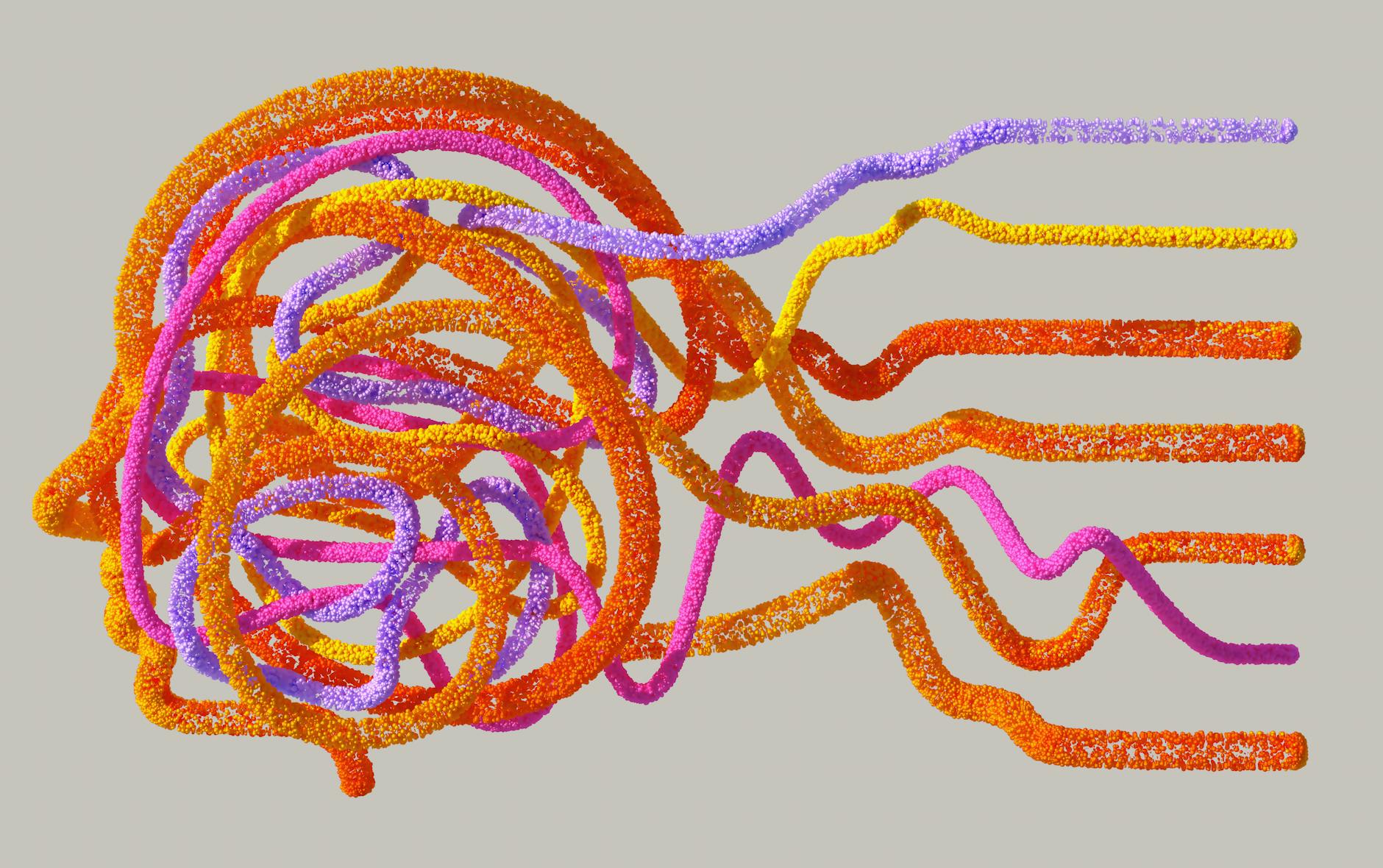UK Launches ‘Stargate’ AI Hub with OpenAI & NVIDIA | China Bans Nividia Chips; Gemini Enhances Meetings

Key Takeaways
- OpenAI, NVIDIA, and Nscale have partnered to establish ‘Stargate UK’, a sovereign AI infrastructure featuring up to 50,000 GPUs and becoming the UK’s largest supercomputer.
- China has escalated its restrictions on AI chip access, issuing an outright ban on its tech companies purchasing Nividia’s advanced AI chips.
- Google is rolling out ‘Ask Gemini’ to select Workspace customers, an AI assistant capable of summarizing Google Meet calls and answering participant questions.
- A prompt rewrite strategy led to a significant 22% performance improvement for GPT-5-mini on the Tau² benchmark, demonstrating the power of nuanced prompt engineering.
Main Developments
The global AI landscape saw a flurry of activity today, highlighted by a landmark infrastructure announcement from the UK and a significant escalation in US-China tech tensions. In a major strategic move, OpenAI, NVIDIA, and Nscale have unveiled ‘Stargate UK’, a formidable sovereign AI infrastructure project. This ambitious partnership aims to deliver up to 50,000 GPUs, establishing the UK’s largest supercomputer and positioning the nation as a leader in AI innovation. Designed to power national AI initiatives, enhance public services, and drive economic growth, Stargate UK signifies a growing trend towards nationalizing critical AI capabilities, ensuring local access to cutting-edge computational power for research and development.
This expansive vision for AI infrastructure contrasts sharply with developments emanating from China. After strongly discouraging the practice last month, the Chinese government has now implemented an outright ban on its tech companies purchasing AI chips from Nividia. This move further intensifies the ongoing technological rivalry between the United States and China, placing significant pressure on Nividia, a key player in the global AI hardware supply chain. The ban underscores a deepening geopolitical divide, forcing Chinese companies to seek alternative, likely domestic, solutions for their AI computing needs, potentially fragmenting the global AI development ecosystem.
Meanwhile, practical AI applications continue to permeate the enterprise sector. Google is beginning the rollout of ‘Ask Gemini’, an AI assistant designed to enhance productivity during Google Meet calls. Initially available to select Google Workspace customers, ‘Ask Gemini’ can provide real-time summaries of discussions and answer participants’ questions by referencing call captions, user-permissioned Google Docs, Sheets, and Slides, as well as public websites. This integration promises to streamline meeting workflows and ensure participants can quickly catch up on missed details or clarify points without interrupting the flow of conversation.
Rounding out the day’s news, research highlighted the often-underestimated impact of prompt engineering on model performance. A prompt rewrite strategy was shown to boost the GPT-5-mini model’s results on the Tau² benchmark by an impressive 22%. This significant improvement, achieved without altering the model’s architecture, reinforces the critical role of carefully crafted prompts in unlocking the full potential of even smaller, more resource-efficient language models, offering a cost-effective pathway to enhanced AI capabilities.
Analyst’s View
Today’s news paints a picture of an AI landscape both rapidly expanding and increasingly fractured. The ‘Stargate UK’ initiative, powered by NVIDIA’s hardware and OpenAI’s expertise, is a potent example of sovereign nations investing heavily to secure their place in the AI future, viewing large-scale computing as a strategic national asset. Conversely, China’s definitive ban on Nividia chips accelerates the de-globalization of the AI supply chain, forcing companies and nations alike to reassess their dependencies. The common thread is NVIDIA, a crucial linchpin in both expansion and restriction. We should anticipate more nations announcing similar “sovereign AI” projects and closely watch Nividia’s strategic adjustments to the Chinese market exclusion. The geopolitical chess match for AI dominance, particularly concerning hardware, is undoubtedly intensifying.
Source Material
- Tau² benchmark: How a prompt rewrite boosted GPT-5-mini by 22% (Hacker News (AI Search))
- Listen to a discussion on how AI can power scientific breakthroughs. (Google AI Blog)
- China tells its tech companies they can’t buy AI chips from Nivida (TechCrunch AI)
- Introducing Stargate UK (OpenAI Blog)
- ‘Ask Gemini’ AI will tell you what you missed during a Google Meet call (The Verge AI)